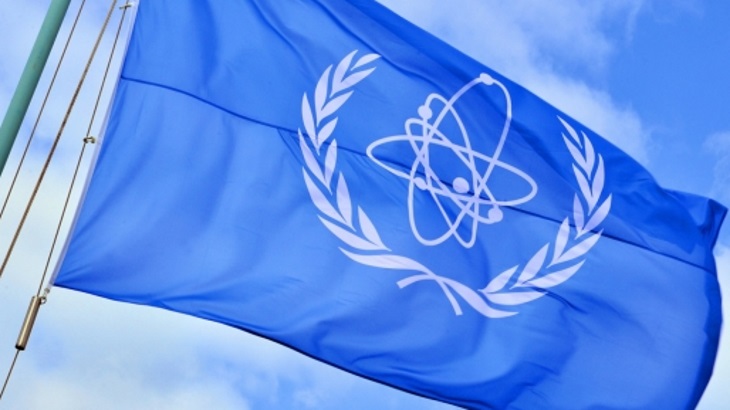Iran withdraws further IAEA inspector designations
18 September 2023
International Atomic Energy Agency (IAEA) Director General Rafael Mariano Grossi has called for the Iranian government to reconsider the decision which affects the planning and conducting of nuclear safeguards verification activities.
 (Image: IAEA)
(Image: IAEA)
Grossi said the Islamic Republic of Iran informed him on 16 September of its decision to withdraw the designation of several experienced IAEA inspectors assigned to conduct verification activities in Iran under the Treaty on the Non-Proliferation of Nuclear Weapons (NPT) Safeguards Agreement. Together with the previous recent withdrawal of the designation of another IAEA inspector, Iran has "effectively removed about one third of the core group" of the agency's most experienced inspectors, he added.
Although Iran is formally allowed to do this under its safeguards agreement, Grossi said he "strongly" condemned the "disproportionate and unprecedented unilateral measure" as a "step in the wrong direction" and an "unnecessary blow to an already strained relationship between the IAEA and Iran in the implementation of the NPT Safeguards Agreement".
"Without effective cooperation, confidence and trust will continue to be elusive and the agency will not be in a position to discharge effectively its verification mandate in Iran and provide credible assurances that nuclear material and activities in Iran are for peaceful purposes," he said.
"Our experience demonstrates that shutting out Agency inspectors affects our essential verification mandate and is not the way of working in a cooperative manner.
"I call upon the Iranian Government to reconsider its decision and to return to a path of cooperation with the agency."
The European Union (EU) said it was also "highly concerned" by the development. "Particularly worrying is the direct and severe impact of this decision on the Agency's ability to conduct its verification activities, which includes the monitoring of the Joint Comprehensive Plan of Action (JCPOA)," an official statement said. "The EU urges Iran to reconsider its decision without delay."
The JCPOA is the 2015 agreement between Iran and the so-called P5+1 - the USA (which subsequently withdrew from the deal in May 2018), the UK, France, China, Russia and Germany - under which Iran agreed to limit its nuclear activities including uranium enrichment over a 15-year period and to allow in international inspectors in return for the lifting of economic sanctions. The IAEA is responsible for verifying and monitoring the implementation by Iran of its nuclear-related commitments under the agreement.
The next stage of the JCPOA - Transition Day - is due to be reached in October this year, and will trigger the lifting of the remaining nuclear-related sanctions, ballistic missile restrictions, and related designations. On 14 September - two days before Iran's notification to Grossi - the France, Germany and the UK (together known as the E3) said they intend to maintain nuclear proliferation-related measures on Iran, as well as arms and missile embargoes beyond Transition day in "direct response to Iran's consistent and severe non-compliance with its JCPOA commitments since 2019". A spokesman for the E3 said the group remained committed to finding a diplomatic solution, and would be ready to reverse the decision, should Iran fully implement its JCPOA commitments.
Also on 14 September, a group of 63 IAEA member states from all regional groups including all EU member states signed a joint statement expressing concern at Iran's lack of cooperation on NPT Safeguards Agreement and calling on Iran to "act immediately to fulfil its legal obligations" and address outstanding safeguards issues.
Nasser Kanaani, a spokesman for Iran's Foreign Ministry, reacted to Grossi's statement saying that the E3 and the USA had "taken advantage of the atmosphere in the [IAEA] Board of Governors for their own political goals with the aim of ruining the atmosphere of cooperation between Iran and the agency" but said Iran would continue "positive cooperation" within the framework of existing agreements.
Tasnim News reported that the IAEA inspectors whose designations were suspended are from France and Germany.
Researched and written by World Nuclear News